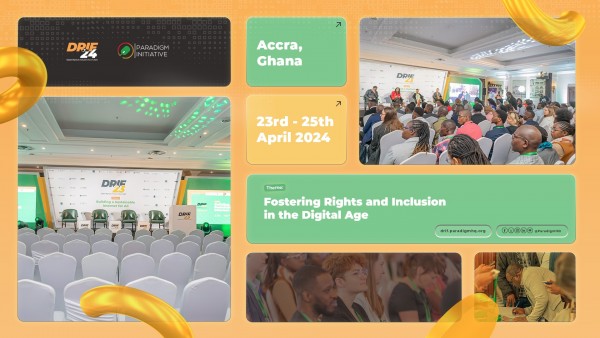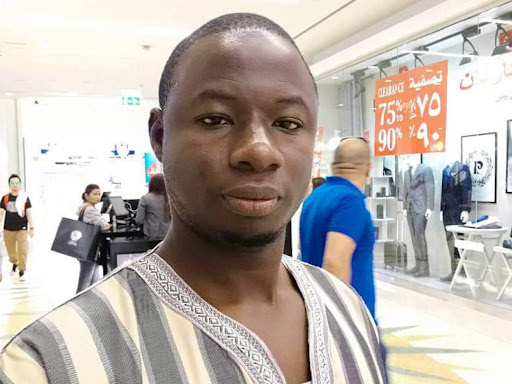A newspaper journalist in Accra, the capital of Ghana, has been attacked for the second time in less than a month, prompting concerns that the press freedom environment in the West African country – long considered to be one of the best on the continent – is deteriorating. Jos Garneo Cephas, a reporter with the Daily Guide and editor of Liberian refugee monthly paper, The Voice, was attacked for the second time on 19 February. Cephas had been covering the release of radio journalist and opposition party supporter Nana Darkwa when he was mistaken for a Radio Gold reporter and pushed to the ground and beaten.
Nana Darkwa, a panellist on a Radio Gold show, had accused former president JJ Rawlings of burning down his own home in order to be re-housed by the government. Darkwa was promptly arrested by the security services for “making false statements” and potentially causing a breach of the peace.
When Cephas arrived at the NPP headquarters to report on Darkwa’s release on bail, he was attacked, forced off the grounds and further threatened until his colleague and a member of Parliament intervened. Cephas suffered a bloodied nose, had his shirt torn off and his mobile phone and camera taken.
The Daily Guide reporter had already been assaulted four weeks earlier on 22 January when taking photos outside a court house. Cephas was then beaten and had his camera smashed by family members of a group of soldiers on trial. He told the International Press Institute (IPI) that he was ill for several days afterwards and had to seek medical advice.
Speaking to IPI after his ordeal, Cephas said: “It seems that Ghana is returning to the days of doom of the media. I can recall in the 1990s through to the 2000s how journalists were maltreated.” He added that he knew of six other fellow journalists who had been victims of attacks or threats this year and called on the government to act. “I think if government has an interest in making free speech and freedom of the media work, it would be better for us journalists to work without any fear.”
Another reporter at a daily newspaper in Ghana, who did not wish to be named for fear of retaliation, told IPI that he too was increasingly afraid to work in the country.
“The harassment of journalists in Ghana, especially by political party activists, is becoming a problem. They attack us with impunity. It happens almost on a weekly basis. The Ghana Journalists Association, to me, is toothless in this regard and it is very sad. Now I am careful about disclosing my identity to anybody. I want to live longer and leave a legacy,” he said.
In November last year, following the arrest and detention of journalist James Donkor, the International Press Institute wrote to President John Atta Mills demanding that those who attack journalists be held to account. In a response in January 2010, the Ghanaian ambassador to Switzerland insisted that “the matter was receiving serious attention.”
IPI Deputy Director Alison Bethel McKenzie said: “We are increasingly concerned about the treatment of journalists in Ghana at the hands of officials and regular citizens. As we have done in recent correspondence, we continue to call on His Excellency John Evans Atta Mills to seek out and punish those who attack journalists for doing their jobs. By allowing these attackers to go free, the Ghanaian government is sending a message that it is acceptable to attack members of the media. How can a country so rich in history hold itself up as a model of democracy when it fails to protect one of the most important institutions in society – the press?”


